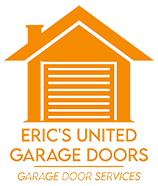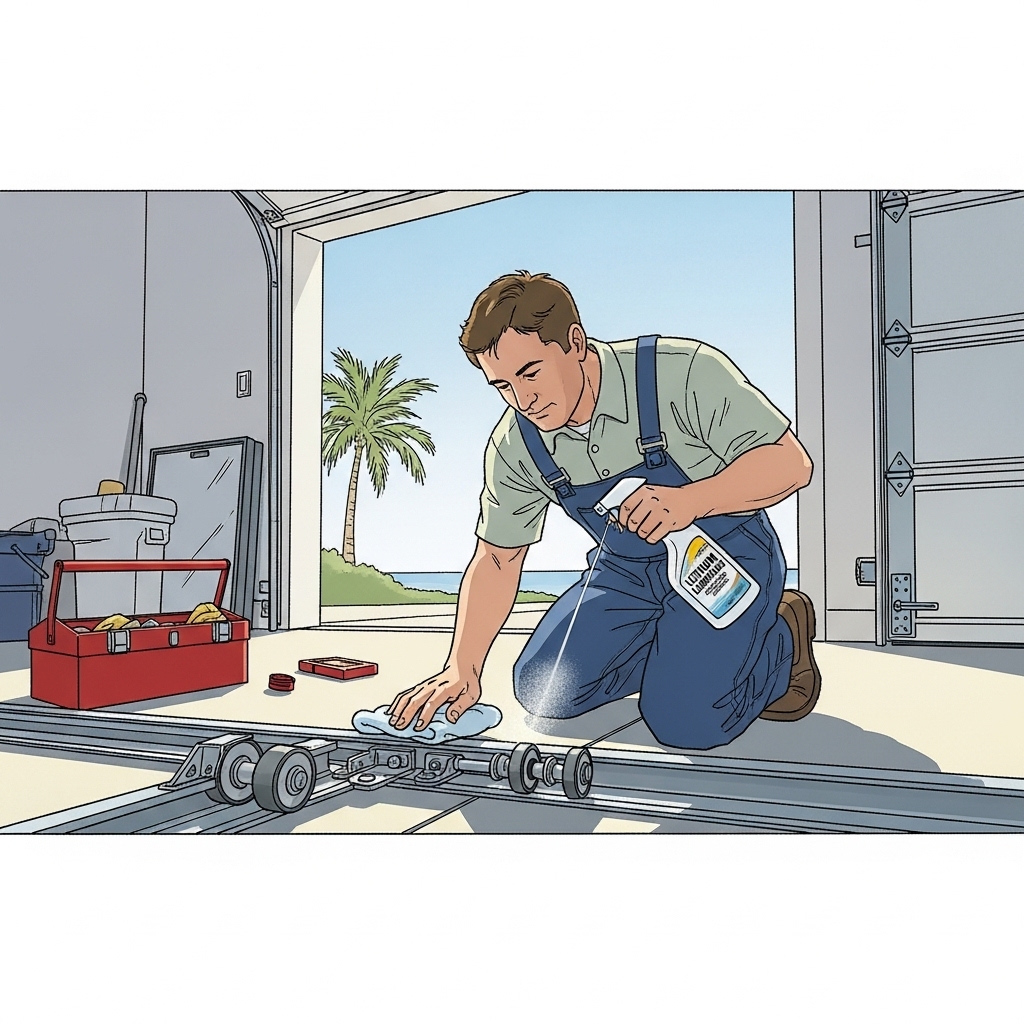Nothing derails a day like a garage door that refuses to budge. In Florida, breakdowns are often triggered by heat, humidity, salt exposure, or the wear-and-tear of frequent use. The good news: A few consistent habits dramatically reduce the odds of a sudden failure. This guide shares practical tips for homeowners who want quieter operation, stronger storm readiness, and fewer surprises. If you are building a plan from scratch, start by consulting a local pro who offers dependable garage door service so you can baseline the system, address hidden issues, and create a maintenance calendar that fits your home and schedule.
Keeping your door healthy is like caring for a vehicle. A little attention each month keeps components clean, lubricated, and aligned, and it helps you catch early warning signs before they turn into inconvenient failures.
Monthly Habits That Make a Big Difference
Set a recurring reminder on your phone for a quick five-minute check. You will be surprised how much this prevents.
- Cycle count awareness: If your family uses the door as a primary entry, daily cycles add up quickly. High-cycle use accelerates wear on springs, rollers, and openers.
- Visual inspection: Look for rust on springs and cables, loose fasteners, cracked hinges, and bent track. Address small issues promptly.
- Safety eyes: Wipe lenses with a soft cloth and confirm they are level and aligned.
- Noise mapping: Note any new squeaks, clicks, or rattles. Changes in sound often signal developing friction or misalignment.
- Test manual release: With the door closed, pull the release and lift halfway. The door should feel balanced and remain in place. If not, call a professional.
Quarterly Deep Care in Florida’s Climate
Every few months, give the system a more thorough session. Heat, humidity, and salts accelerate oxidation and swelling, so add these steps to your routine.
- Clean tracks and rollers: Wipe tracks clean. Remove grit that grinds away at wheels and bearings.
- Lubricate moving parts: Use a silicone or lithium lubricant on hinges, steel rollers, and bearings. Avoid over-lubricating; a light, even coat is best.
- Refresh weather seals: Inspect bottom and perimeter seals for cracks or flattening. Prompt replacement helps keep out wind-driven rain and pests.
- Tighten hardware: Vibration loosens fasteners. Snug hinge screws, track bolts, and opener rail hardware to restore rigidity.
- Rinse salt and debris: In coastal areas, rinse the exterior door and exposed hardware with fresh water to slow corrosion.
Storm Season Readiness
Florida’s storm season strains every garage door. Prepare in advance, and you will reduce damage risk and downtime afterward.
- Wind rating check: Verify your door’s wind-load approval is appropriate for your county. Reinforcement struts and proper anchoring are essential.
- Opener battery backup: Keep batteries charged and test them monthly during storm months.
- Surge protection: Lightning and grid fluctuations can fry opener boards. Use a quality surge protector and replace it if it has taken hits.
- Post-storm inspection: Before resuming normal operation, check for track misalignment, loose brackets, or twisted panels.
Early Warning Signs You Should Never Ignore
Responding quickly to small symptoms is the easiest way to avoid breakdowns.
- Door jerks or hesitates: Often caused by dry rollers, misaligned tracks, or failing springs.
- Opener strains or chatters: Could indicate balance issues, worn gears, or excessive force settings.
- Cables unraveling or rusting: Replace immediately—cable failure can cause severe damage.
- Safety eyes frequently fault: Off-and-on behavior suggests vibration, loose mounts, or electrical issues.
What You Can Do—and What to Leave to the Pros
Homeowners can perform routine cleaning, light lubrication, weather seal replacement, and lens alignment. However, spring work, cable replacement, and major track or structural realignment involve high tension and significant safety risks. Technicians carry the torsion winding bars, calibrated hardware, and replacement parts to restore balance and verify safety reversal settings.
If you notice an uneven lift, frayed cables, or a gap in a torsion spring, pause operation and schedule a visit. Mid-season tune-ups also keep busy Florida households ahead of problems. When in doubt, arrange prompt garage door service so a trained eye can diagnose the cause and prevent a minor nuisance from becoming a major failure.
Smart Upgrades to Reduce Breakdowns
Upgrading key components can significantly cut noise, friction, and unintended stress on your system.
- Quiet, belt-drive openers: Reduce vibration and wear on mounting points.
- Sealed, nylon-wheel rollers: Lower friction and noise, keeping motion smooth for longer.
- Corrosion-resistant hardware: Galvanized or stainless fasteners and powder-coated springs resist rust in humid or coastal environments.
- Balanced spring sizing: Properly sized springs reduce strain on the opener and extend component life.
- Smart monitoring: App alerts for unusual activity, door left open, or excessive cycling help you catch problems early.
Keeping the Area Around the Door Healthy
Prevent breakdowns by managing the environment, not just the hardware.
- Clear the tracks’ path: Store tools and bins away from tracks and door swing areas.
- Manage pests: Insects and small animals can nest near sensors or chew on insulation.
- Control humidity: Dehumidifiers or ventilation reduce condensation that accelerates rust.
- Lighting and visibility: Good lighting reveals issues sooner and makes maintenance safer.
Frequently Asked Questions
Q: How often should I lubricate moving parts in Florida?
A: For most homes, a light application every three to four months is sufficient, with monthly noise checks. Coastal homes may need more frequent touch-ups due to salt corrosion.
Q: Why does my door reverse when nothing is in the way?
A: Misaligned or dirty photo eyes are common culprits. Clean the lenses and verify alignment. If the problem persists, a professional should test force limits and track alignment.
Q: Do insulated doors help in Florida?
A: Yes. Insulated panels moderate garage temperature, reduce noise, and often make the opener’s job easier, which reduces wear.
Q: Is it safe to replace a spring on my own?
A: No. Springs are under high tension. Improper tools or technique can cause serious injury. Leave spring replacement and cable work to trained technicians.
Q: What should I check after a thunderstorm?
A: Verify the door moves smoothly, check tracks and brackets for looseness, test the safety reverse, and confirm surge protection devices are operational.
Keep Your Door Moving Smoothly, Year-Round
Consistent attention beats emergency repairs every time. Build a simple routine, listen for changes, and fix small issues quickly. When you need expert help, schedule reliable garage door service to keep your system balanced, quiet, and ready for the demands of Florida living.

